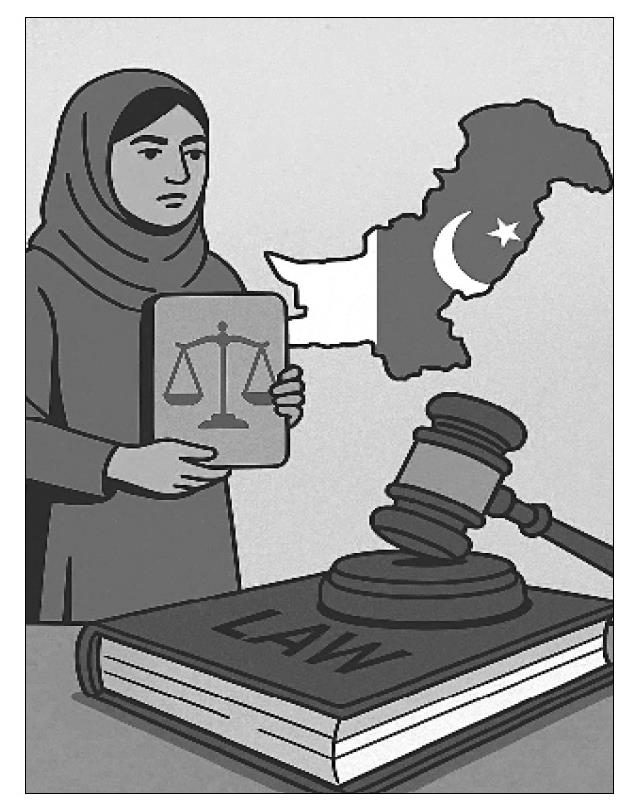Law education in need of reforms
2025-07-30
THE structural deficiencies that continue to afflict law education in the country call for a comprehensive overhaul to bring the system in line with the realities of modern legal practice. As a final-year law student, I have witnessed the disconnect between theoretical instruction and practicalreadiness.
The initial year of the academic programme focuses on general subjects, like Islamiat and Psychology, often taught without relevance to legal thinking.
But these are soon forgotten as soon as students enter the more specialised law courses.
A deeper issue lies in the curriculum`s design. Essential skills, like legal drafting, research methodology, courtroom ethics, and structured legal argumentation, are introduced too late, or not at all.
Moot court competitions have generally been transformative in bridging this gap.
My participation in such events provided hands-on experience with legal argumentation, advocacy and time management, which are skills that are rarely taught in traditional classrooms.
However, student-led moot societies often operate without financial support, relying on donations for events that cost hundreds ofthousands ofrupees.These societies should be taken as incubators facilitating professional development.
Another pressing concern is affordability. Semi-government and private law schools charge anything between Rs100,000 and Rs250,000 per semester, and colleges with foreign affiliations charge even more. These rising costs have forced many capable students to either freeze their semesters or drop out.
As things stand, there is no consistent correlation between the high fee andeducational quality. Regulatory oversight oftuition structuresislongoverdue.
Technology access in legal education is also lacking. At my university, only two computers have access to pakistanlawsite, an indispensable legal database. Legaltech platforms should be made accessible through subsidised institutional licences.
Likewise, the free-of-charge Coursera initiative must be better promoted so that students may access global legal education.
Internships present another major gap. Despite being mandatory in the curriculum, most universities offer little to no support in securing placements.
This results in students graduating without practicalexposure.There are certain programmes available, but a lot more needstobe done toensureyear-round rotational internships embedded in public bodies to offer real-world exposure.
It is clear that comprehensive and multi-tiered reforms are urgently needed so that law education in Pakistan produces graduates who are competent, ethical and ready to meet the demands of justice delivery. Bar councils, universities, the Higher Education Commission (HEC) and the judiciary must align their efforts towards building a law eduaction system that serves both students and society.
TalhaMubeen Islamabad




